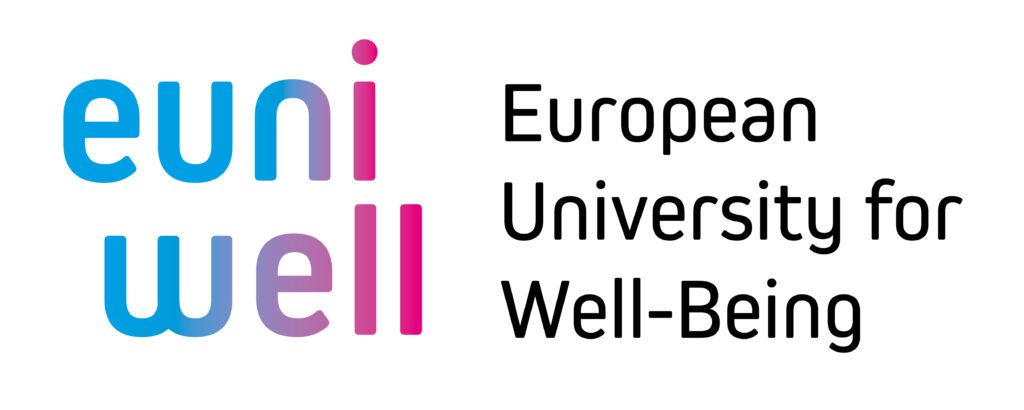Is there any added value in trying out a course before taking it? That question has been asked many times by students and yes the ability to try out a course before officially registering for it with the intention of completing it for credit has its advantages. There is much to suggest that there is added value in trying out a course or a subject area before starting your studies in earnest. Here are three points, feel free to fill in the comments with the benefits you see regarding the opportunities for students to try out a course.
- Better choice of education – By testing a course, the student gets a feel for the subject and the teaching of that education. It helps the student assess whether the course suits his/her interests and goals. If the student does not enjoy the course, he can choose another without having invested too much time or money in the form of student loans.
- Improved study results – By exploring a course in advance, the student can familiarize himself with the subject, identify the need for prior knowledge and formulate his expectations for the course. Students who take part in course content in advance often perform better and they gain a deeper understanding of the subject. This early exposure to the training helps them feel more prepared and confident when the course begins.
- Possibility to plan the studies – Trying a course in advance allows the student to adapt his study technique and opportunities to distribute his studies over time. By trying the course material, he can identify which study technique works best in the context for the individual student. Understanding this in advance helps the student optimize their learning.
What opportunities do students have to try different courses? I mean unless the exact course they would like to take is freely available? Then there is always the option of searching for a similar course or a course within the subject area. Two of the points above can thus be fulfilled, however the last point will not be possible to implement.
There are several different services for searching for courses, partly in national education catalogues, and partly via international search services, e.g. The OpenLearn University
In this way, a higher education institution can advise students about courses even if it is not exactly the course that the own higher education institution offers.

